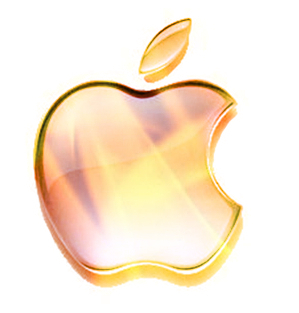 Publishers are supposed to know this, and Apple did send out a notice, but how many realize what it means?
Publishers are supposed to know this, and Apple did send out a notice, but how many realize what it means?
Let’s say you subscribe to a handful of digital magazines. They are relatively inexpensive, and the payments are all lumped into your iTunes account, so you don’t really notice that you might not actually read those titles every month.
Now let’s say Apple sends you a notice that a) your subscription is about to end; and b) the price is going to go up, not because the publisher is raising prices, but because Apple has changed their tier pricing policies.
“What occurs is that Apple changes the tier prices on subscriptions. Apple will not cancel existing auto-renewable subscriptions, but will let subscribers know via email that the price they pay will be changing. This causes some, of course, to opt out,” explains D. B. Hebbard in Talking New Media.
“Publishers also can either leave things alone or make changes, basically lowering the price of their subscriptions,” Hebbard continues. “It is these adjustments to the pricing of their subscription that also breaks the deal with their customers. Customers get a notice of a price change, telling them that at the end of term they will need to repurchase their subscription.”
For month-to-month subscriptions, the potential damage is even higher.
“There are plenty of things Apple does that publisher know kill sales, but the worst is the monthly notice that a subscriber receives that their subscription is nearing its end – it is the time they are reminded that they can cancel that monthly subscription,” Hebbard continues, noting that it’s hard enough to sell digital subscriptions without reminding your customer every few weeks that they can cancel with one click. Throw in a price increase to boot, and publishers have their hands full keeping those readers on board.
There are options, of course. Publishers can leave the Apple platform and publish their digital versions through channels that allow them to maintain control of all notifications, prices and distribution. There are challenges to doing this, but at the end of the day the publisher maintains more control. Is the trade-off worth it? We’ll have to see how this plays out.
